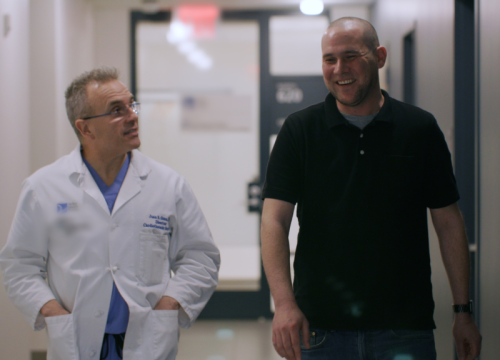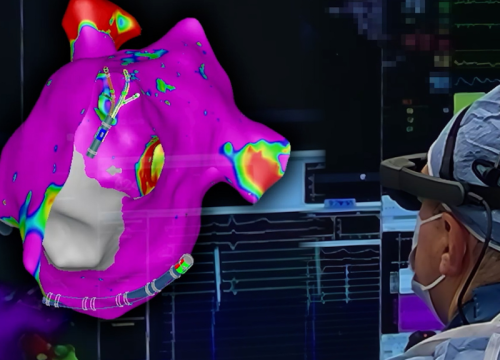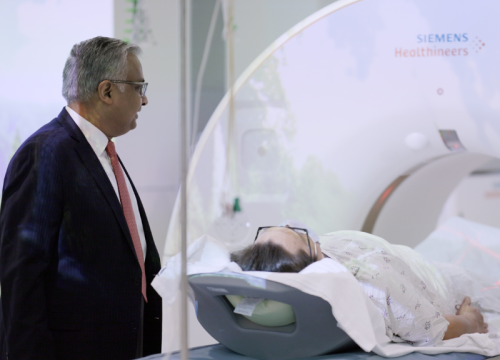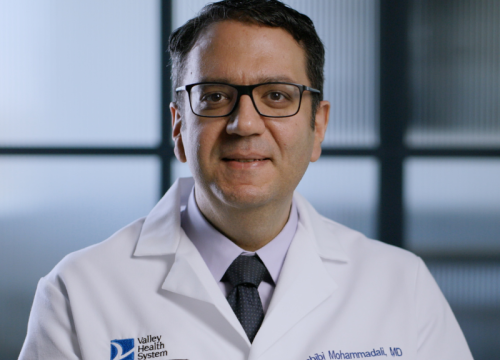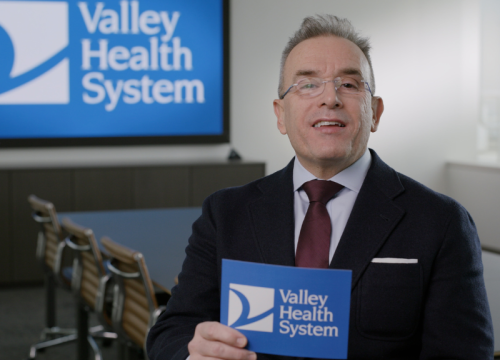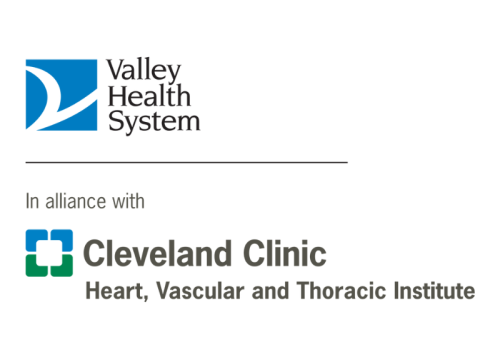Read important information about Valley's continued commitment to serving our patients and respecting their privacy, regardless of immigration status.
Read MoreUnknown behaviors and factors that could be affecting your heart health

A national Cleveland Clinic survey examined a nationally representative, general population of 1,000 Americans to determine how their behaviors and external factors that people may not realize could be impacting their heart health. Valley Health System’s cardiovascular program is an alliance member of Cleveland Clinic Heart, Vascular & Thoracic Institute.
According to the survey, 74% of Americans believe stress can negatively impact heart health. A surprising percentage of the study population were unaware that lack of sleep (40%), alcohol consumption (41%), tobacco consumption (40%), air pollution (62%), and supplements/vitamins (90%) have a direct impact on heart health.
Most Americans – 97% – believed supplements could improve heart health and would take them if prescribed by a doctor for heart health, but only 38% currently take or previously have taken supplements to support their heart health. Men were also found to be more likely to take these supplements for their hearts compared to women. The top vitamins and supplements taken by Americans to support heart health were multivitamins taken by 72%; Vitamin D taken by 69%; and fish oil taken by 51%. Eighty-four percent of Americans also stated that if they had a choice, they would prefer to take supplements than prescribed medications to improve their heart health.
While 90% of Americans know whether heart disease runs in their families, it was found that there is opportunity for additional education and awareness about heart conditions and factors. For example, 39% of Americans are unaware of the relationship between gestational diabetes and heart disease risk, and about half of Americans (54%) incorrectly believe high triglyceride levels – high levels of fat in the blood – always cause symptoms.
“While it is important to know your family history of heart disease, knowing the different risk factors and educating yourself as to how you can be affected is equally as important,” said Suneet Mittal, MD, Chair of the Cardiovascular Service Line for Valley Health System.
Here are some ways to educate yourself about risk factors:
- Speaking with your primary care physician or cardiologist
- Getting your blood pressure checked regularly to understand your average levels and what would be considered out of normal range
- Learn more about a heart-healthy diet and exercise plan and how these changes reduce your risk for disease
“Assessing your risk of heart disease starts with regular cardiac screening,” explains Dr. Mittal. “To help our community stay healthy, The Valley Heart and Vascular Institute offers coronary calcium CT screening at a reduced rate of $99 for self-pay patients.”
A coronary calcium CT scan is a painless, non-invasive imaging test that can help assess the location and extent of plaque build-up in the coronary arteries – a marker for heart disease – before symptoms develop. The screening is typically recommended for patients with risk factors for coronary artery disease, including family history, diabetes, high blood pressure, and high cholesterol, and those who smoke, are overweight, or physically inactive. A physician’s prescription is required.
To learn more about Valley’s coronary calcium CT scan, please visit ValleyHealth.com/Calcium.


